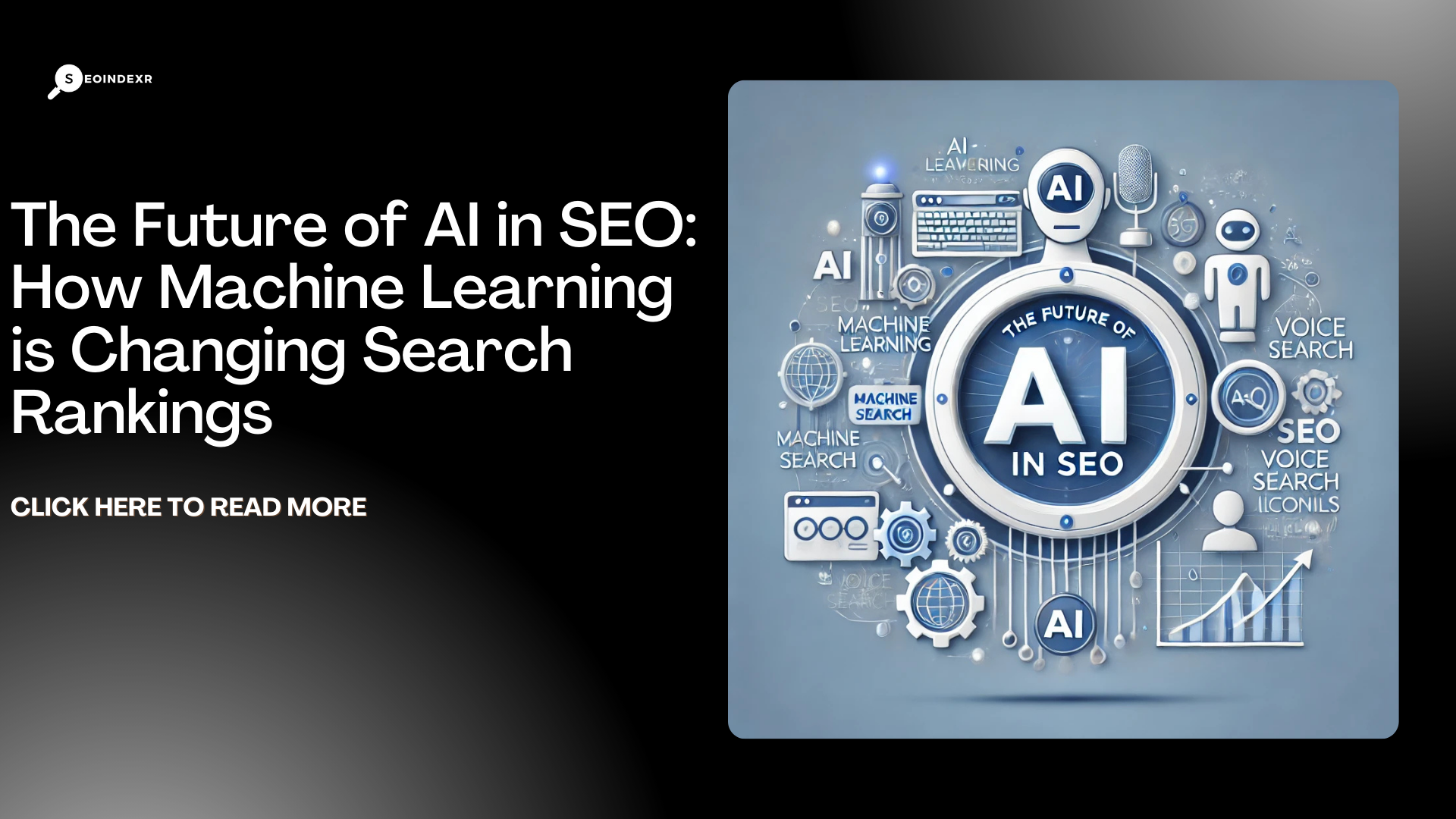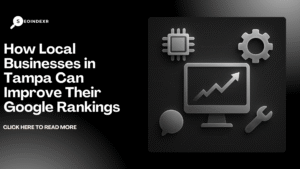Artificial Intelligence (AI) is revolutionizing the SEO industry by making search engines smarter and more intuitive. As AI-driven algorithms like Google’s RankBrain and BERT continue to evolve, understanding and leveraging AI for SEO is crucial for digital success.
Table of Contents
Toggle1. AI and Search Engine Algorithms
AI-driven search engines are becoming more sophisticated, prioritizing user intent rather than keyword stuffing. Google’s RankBrain and BERT utilize machine learning to provide better search results by understanding natural language and context.
Key Points:
- AI prioritizes search intent over keyword density.
- Algorithms continuously refine their ability to understand complex queries.
- Businesses must focus on creating high-quality, intent-driven content.
2. AI-Powered SEO Tools
AI-driven tools like Jasper, Clearscope, and Surfer SEO are helping marketers optimize content efficiently. These tools analyze search patterns, suggest relevant keywords, and enhance content readability.
Key Points:
- AI tools provide data-driven keyword recommendations.
- Automated SEO audits detect and fix technical SEO issues.
- AI enhances content structuring and readability.
3. Content Optimization with AI
Creating AI-optimized content involves using structured data, schema markup, and NLP-based strategies. AI helps generate content that aligns with search engine expectations, improving readability and engagement.
Key Points:
- NLP helps AI understand content relevance.
- Structured data improves SERP visibility.
- AI-generated content aids in content planning and execution.
4. Predictive Analytics in SEO
AI-powered predictive analytics help marketers forecast keyword trends and user behavior. By analyzing vast amounts of data, businesses can anticipate search demands and tailor their content strategies accordingly.
Key Points:
- AI predicts emerging search trends.
- Helps businesses align content with future user behavior.
- Enables proactive SEO strategy adjustments.
5. AI and Voice Search Optimization
Voice search is rapidly growing, with AI-driven assistants like Alexa and Google Assistant playing a key role. Optimizing for voice search requires focusing on conversational keywords and answering questions in a clear and concise manner.
Key Points:
- Voice search uses natural, conversational language.
- Long-tail keyword optimization is crucial.
- AI ensures responses are contextually relevant.
6. The Future of AI in SEO
As AI technology advances, search engines will continue refining their algorithms to provide even more personalized search results. Businesses must stay updated with AI-driven changes to maintain a competitive edge in SEO.
Key Points:
- AI personalization will enhance user experience.
- AI-driven insights will improve SEO strategies.
- Businesses must adopt AI-powered tools for efficiency.
Conclusion
The rise of AI in SEO means that businesses must adapt to smarter search algorithms and leverage AI-powered tools to stay ahead of the competition. Artificial Intelligence (AI) is revolutionizing the SEO industry by making search engines smarter and more intuitive. As AI-driven algorithms like Google’s RankBrain and BERT continue to evolve, understanding and leveraging AI for SEO is crucial for digital success.





